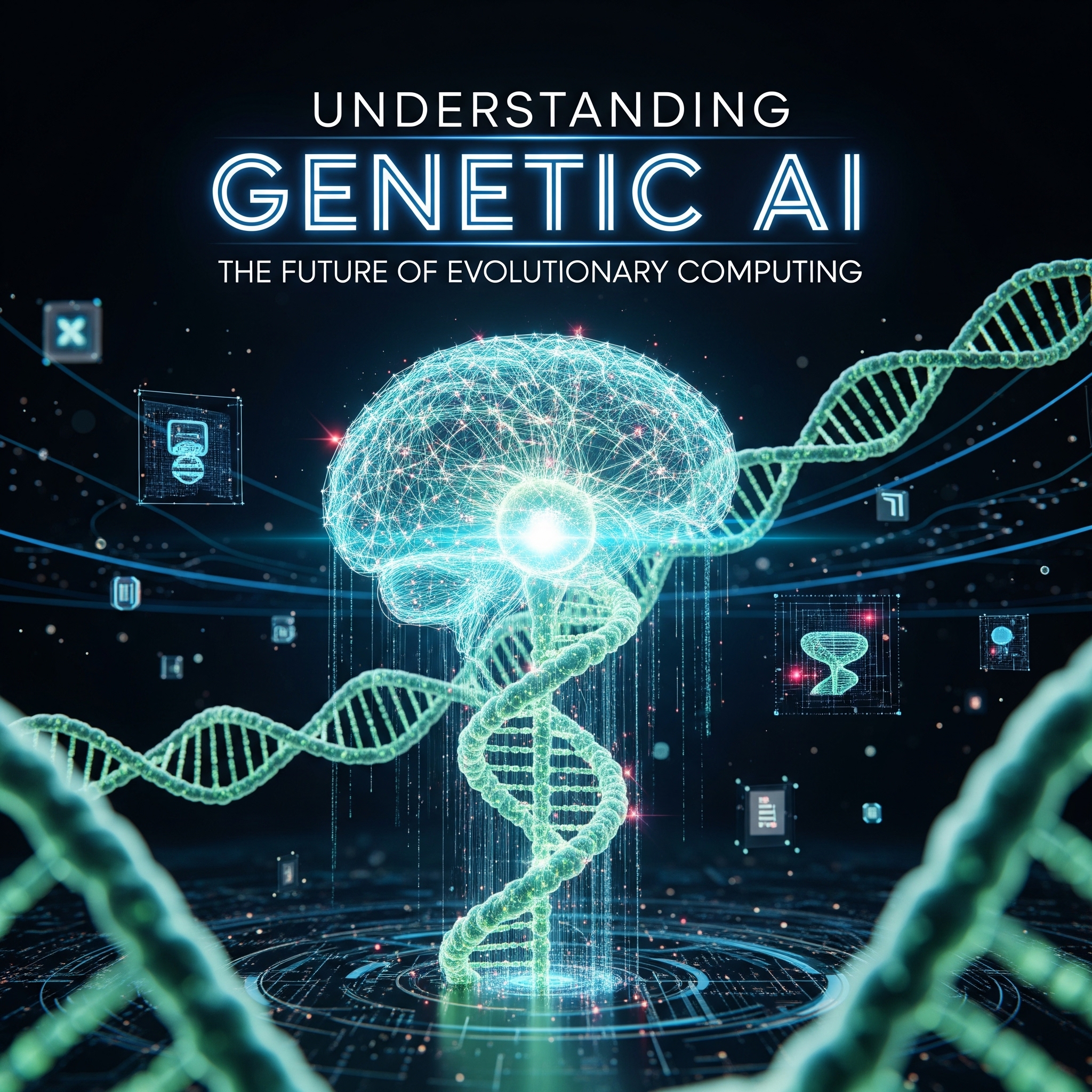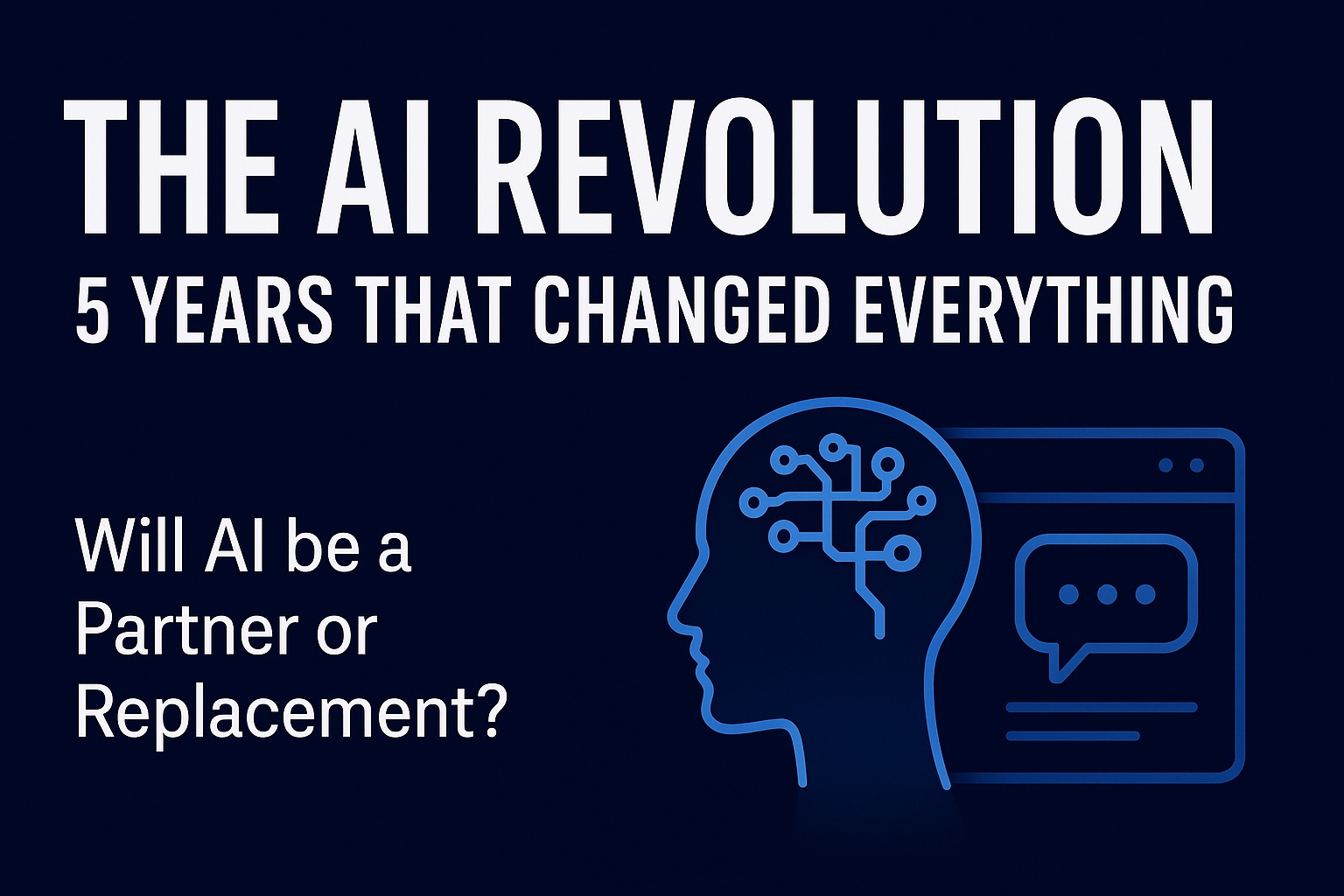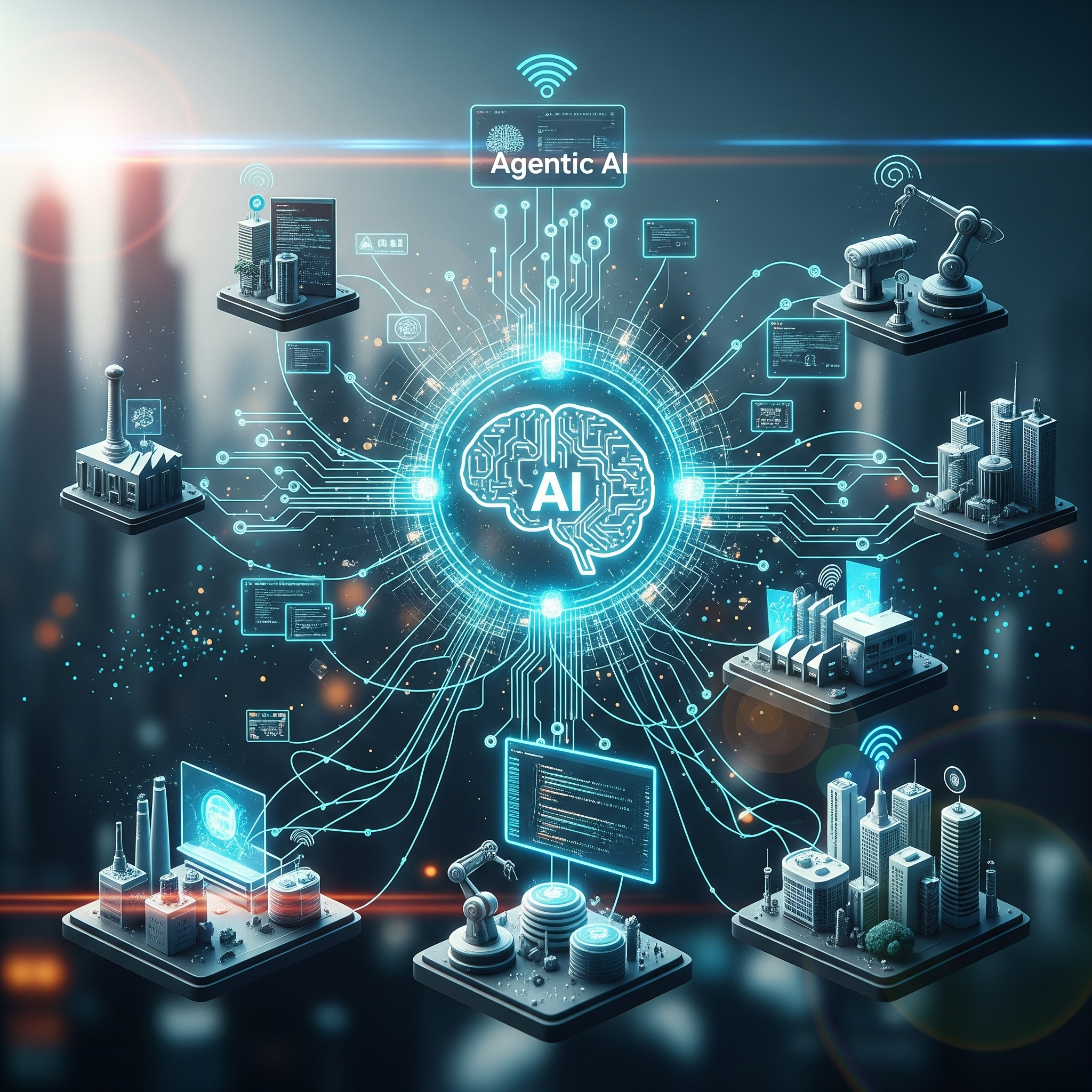
What is Genetic AI?
Genetic Artificial Intelligence (Genetic AI) represents a fascinating intersection of computer science and biology, where algorithms mimic the process of natural evolution to solve complex computational problems. Also known as Genetic Algorithms (GAs) or Evolutionary Computing, this approach uses principles of natural selection, crossover, and mutation to evolve solutions over successive generations.
Core Concepts of Genetic AI
- Population: A collection of potential solutions to a problem
- Fitness Function: Evaluates how good each solution is
- Selection: Choosing the best solutions to reproduce
- Crossover: Combining solutions to create offspring
- Mutation: Random changes to maintain diversity
How Genetic AI Works
The process begins with a randomly generated population of potential solutions. Each solution is evaluated using a fitness function that measures how well it solves the target problem. The algorithm then selects the fittest individuals to reproduce, creating a new generation through crossover and mutation operations.
"Genetic algorithms are particularly powerful because they can explore multiple solution paths simultaneously, often discovering innovative approaches that traditional algorithms might miss."
Key Benefits of Genetic AI
1. Global Optimization
Unlike traditional optimization methods that can get trapped in local optima, genetic algorithms maintain population diversity, allowing them to explore the entire solution space and find globally optimal solutions.
2. Robustness and Adaptability
Genetic AI systems are inherently robust, capable of handling noisy data and adapting to changing environments. This makes them ideal for real-world applications where conditions are dynamic.
3. No Gradient Requirements
Traditional optimization often requires gradient information, which isn't always available. Genetic algorithms work with any representation and don't need derivative information.
4. Parallel Processing
The population-based nature of genetic algorithms makes them naturally suited for parallel computation, enabling faster processing of complex problems.
Real-World Applications
🚗 Automotive Industry
Optimizing vehicle design, route planning, and autonomous vehicle decision-making systems.
💰 Financial Services
Portfolio optimization, risk assessment, and algorithmic trading strategies.
🏭 Manufacturing
Production scheduling, supply chain optimization, and quality control systems.
🧬 Bioinformatics
Gene sequencing, protein structure prediction, and drug discovery.
Challenges and Considerations
While powerful, genetic AI faces several challenges:
- Computational Intensity: Large populations and many generations can be resource-intensive
- Parameter Tuning: Requires careful tuning of mutation rates, crossover probability, and population size
- Premature Convergence: Populations may converge too quickly, losing diversity
- No Guarantee of Optimality: While often finding good solutions, global optimality isn't guaranteed
The Future of Genetic AI
As computational power continues to grow and hybrid approaches emerge, genetic AI is becoming more sophisticated. Modern developments include:
- Memetic Algorithms: Combining genetic algorithms with local search methods
- Multi-objective Optimization: Handling problems with multiple, conflicting objectives
- Adaptive Parameters: Self-adjusting algorithm parameters during evolution
- Quantum-inspired GAs: Leveraging quantum computing principles for enhanced performance
Conclusion
Genetic AI represents a powerful paradigm that continues to evolve and find new applications across industries. By mimicking nature's most successful optimization process, these algorithms offer unique advantages in solving complex, multi-dimensional problems. As we advance into an era of increasing computational complexity, genetic AI will undoubtedly play a crucial role in developing intelligent, adaptive systems that can tackle the challenges of tomorrow.


Comments (0)
No comments yet. Be the first to share your thoughts!